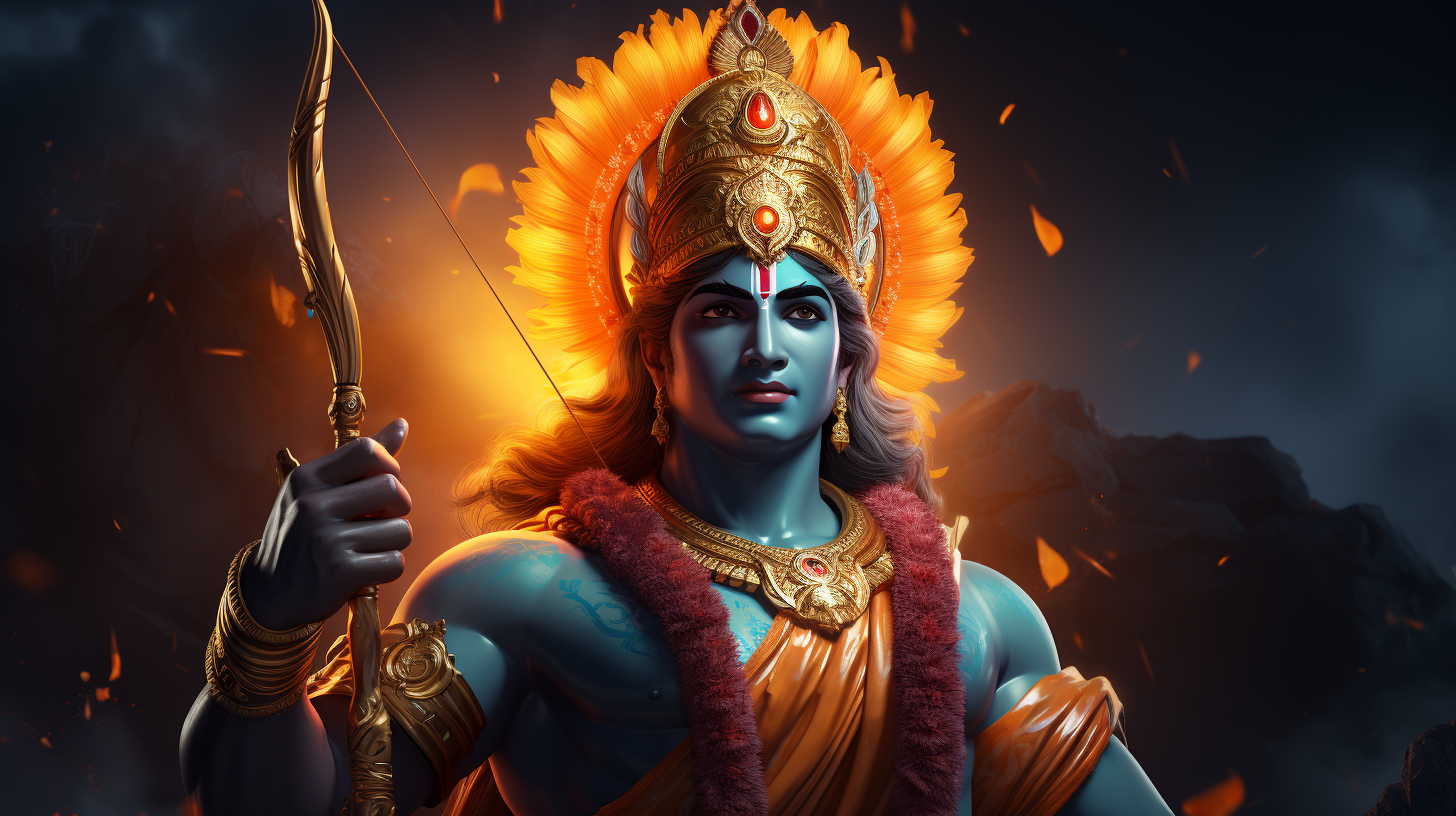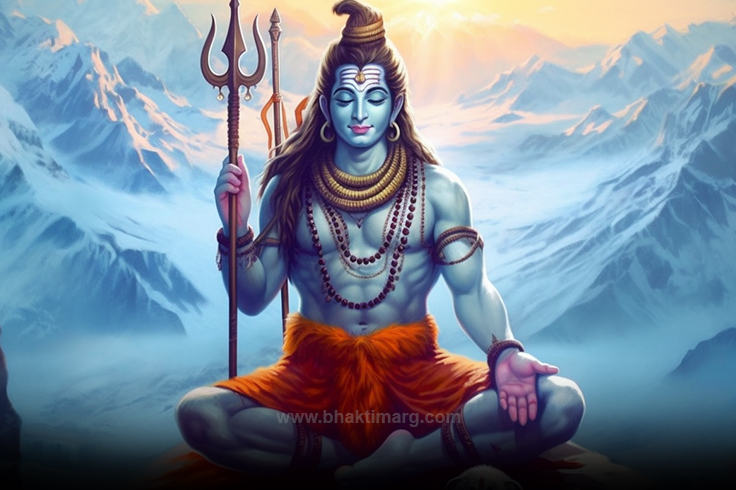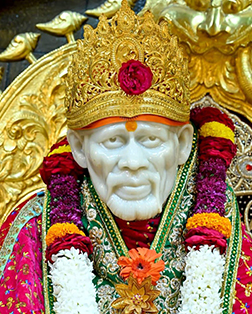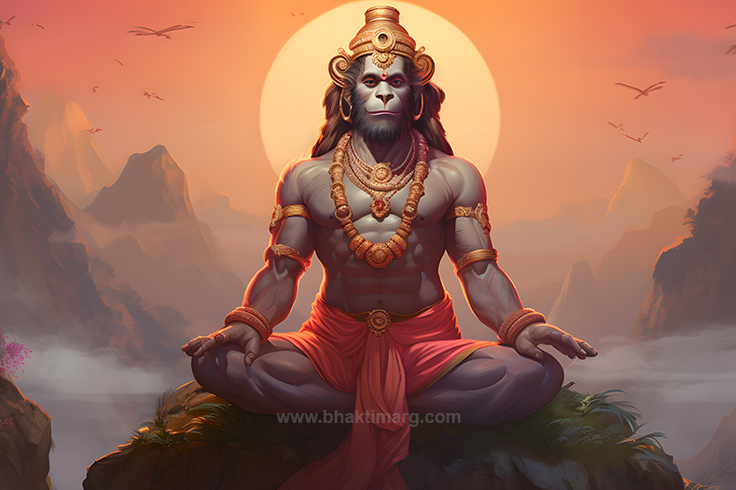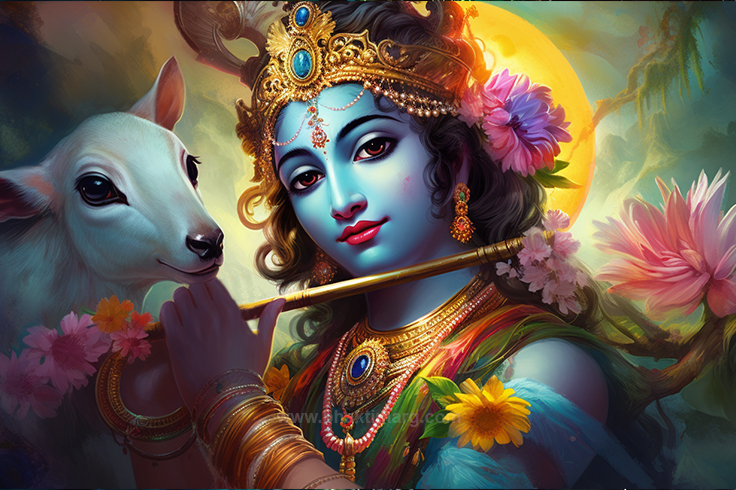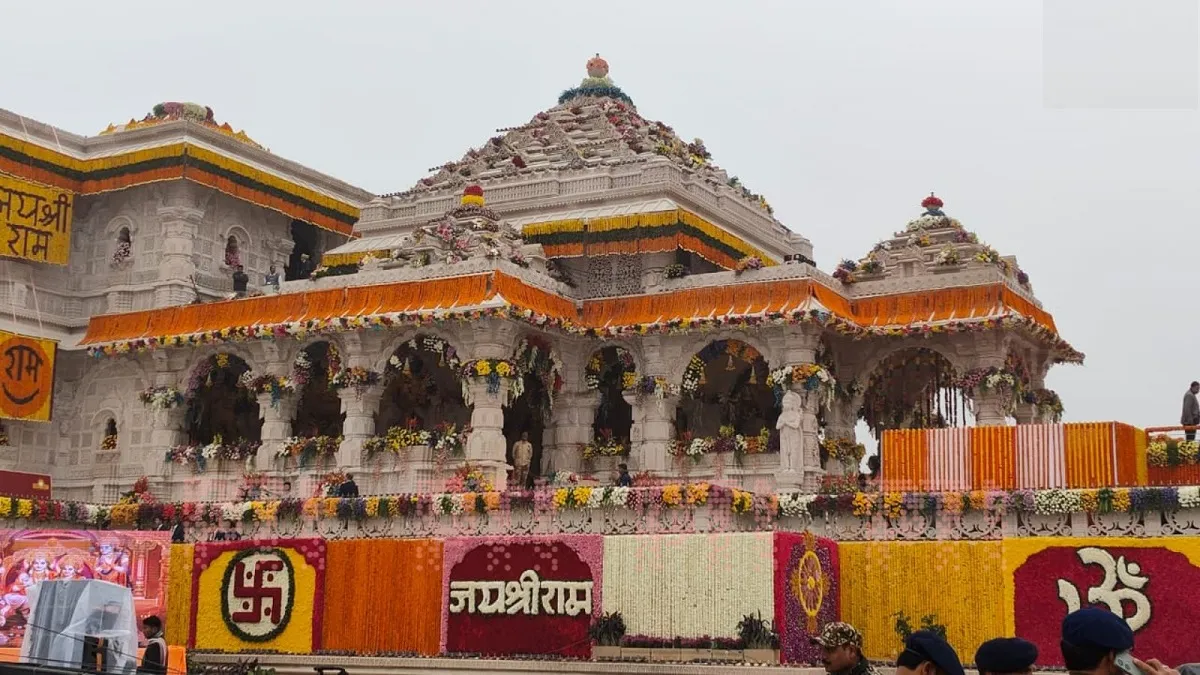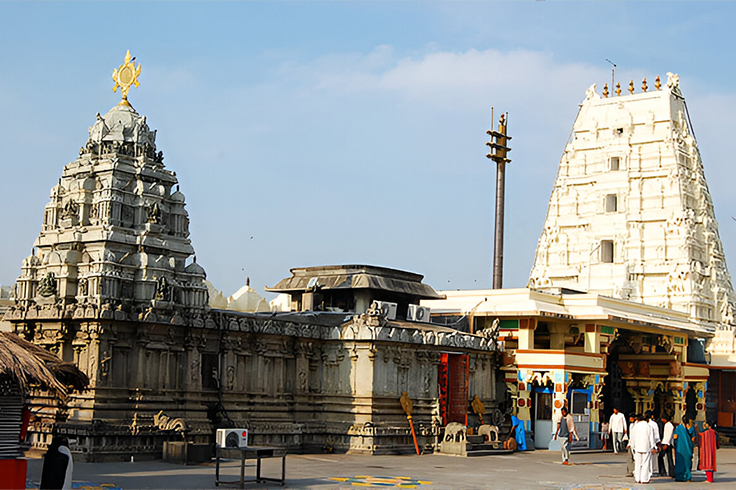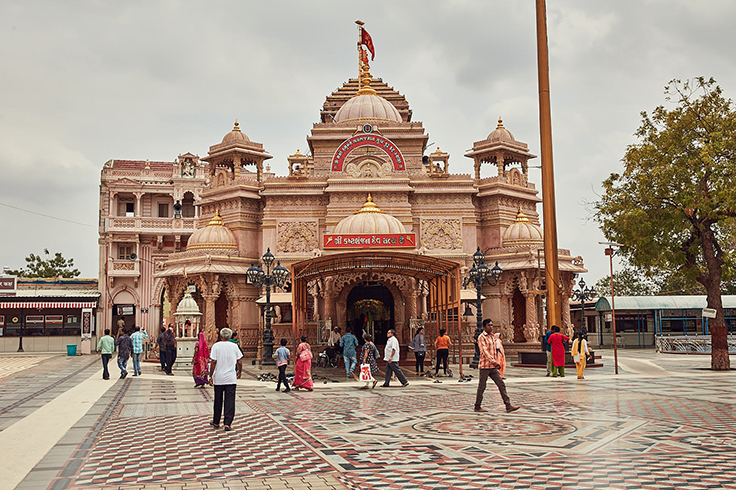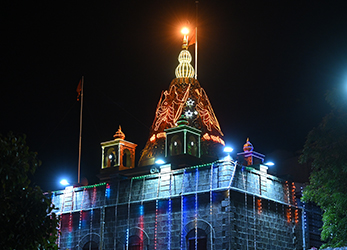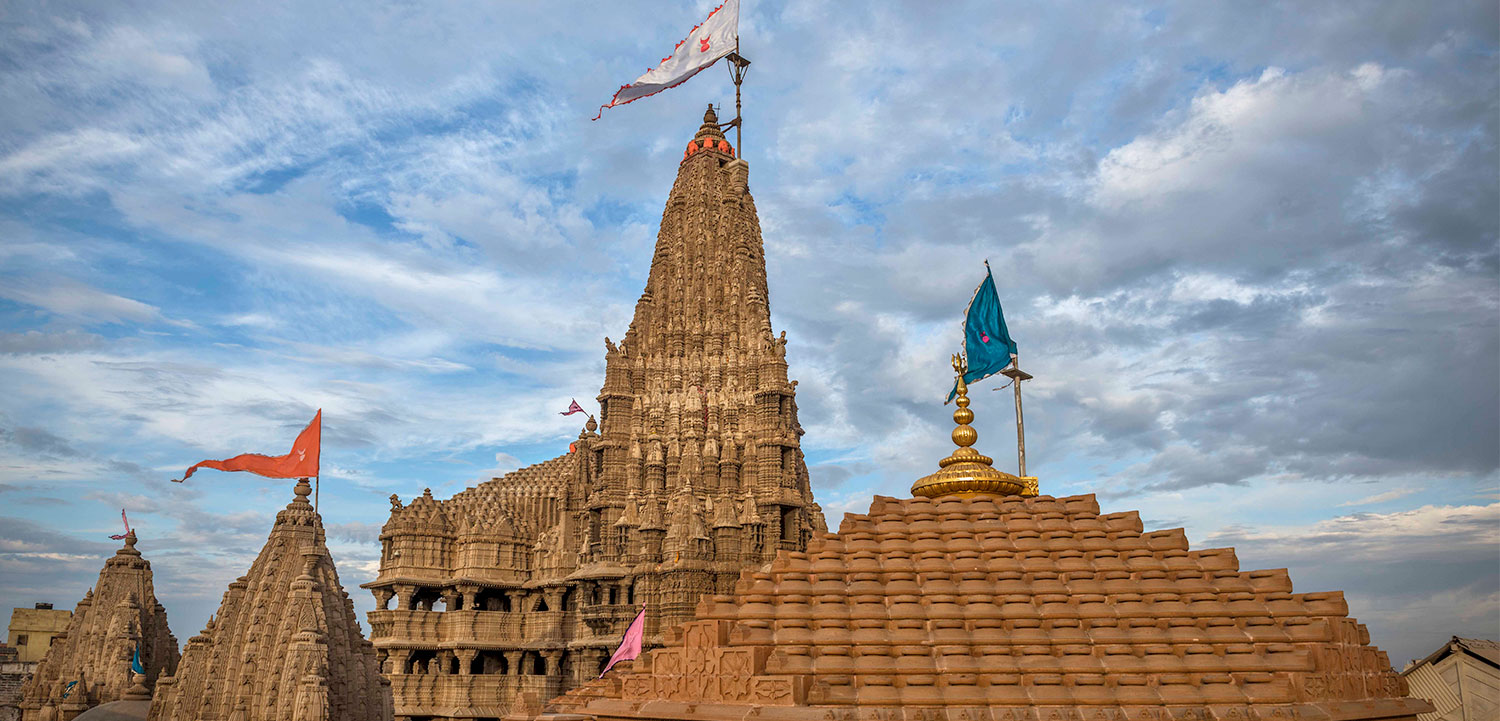
Mahashivratri Fasting: Benefits, Rules, and Spiritual Practices
Mahashivratri is one of the biggest events in Hinduism. It is an annual event that occurs during spring. And like every mahashivratri 2024 will occur during spring on March 8th. For any devotee of lord Shiva or strong believer of Hinduism mahashivratri fasting is a sacred practice. Shiva the Adiyogi is known for his kind nature and can be easily appeased by the pure-hearted devotions of the devotees. So, if you are interested in Shivratri fasting and want to learn about Mahashivratri’s meaning or get more mahashivratri information, you have come to the right place.
In this blog, we will discuss everything about the Mahashivratri fast including rules, benefits, spiritual practices, and more. So before you begin your fast for Mahashivratri have a quick read.
About Mahashivratri
Mahashivratri is one of the biggest events according to Hinduism. The event has a big and interesting story behind it. In Hinduism, there are a total of 12 Shivratris that celebrate the glory of Shankar Bhagwan. But the Mahashivratri is the grand celebration attributed to the lord Shiva which occurs every year in the month of Magha of the Hindu calendar. The event is celebrated on the night of the day before the new moon which signifies the new beginnings.
There are several legends related to Mahashivratri According to one of them, once Lord Shiva protected the entire world by consuming a lethal poison. But instead of consuming it, he placed the poison in his throat and in return, the poison gave him a bluish color-throat. After this incident, Sankar Bhagwan came to be known as ‘Neelkanth’. The day of Mahashivratri celebrates the win of lord over evil.

Another story states that this was the day when after long turmoil of ages and rebirth Lord Shiva the Adiyogi and Goddess Parvathi finally married and settled as the divine couple. Hence many young girl follow the Mahashivratri Vrat to gain loving husband like Mahadev.
Another even from scripture mention this day being the eventful day when Lord Shiva saved Chandradev ‘the moon’ from the curse of Prajapati Daksh father to Adishakti’s human form of Sati. It is said the Chandrama was married to two of Daksha’s daughter and treated one unfairly making him angry and getting a curse to diminish slowly but Shankar Bhagwan took Chandrama in his aid and gave him a place on his forehead giving him life again.
Benefits of Mahashivratri fasting
Doing Mahashivratri vrat has a lot of benefits to offer. Here we will discuss some of them in detail-
- Sometimes fasting can also protect against depression and help to uplift the person’s mind spiritually
- It is said fasting aids in cleansing ones past sins and bring them closer to liberation
- While observing fast it is said that the devotees mind, body and spirit is linked to the lord enhancing one’s devotion and consciousness toward divine
- Since the Mahashivratri fast is observed for Shiva the Adiyogi, it encourages self-reflection, meditation, and prayer fostering inner peace and spiritual awakening
- Speaking from a scientific point of view fasting is beneficial for detoxifying your body. So, when you do Mahashivratri vrat it helps to detox your body and aid weight lossTop of Form

Mahashivratri Fasting Rules
- Shivratri fasting is very auspicious for all Shiv devotees. Here we will discuss Maha Shivratri fast rules to help beginners who want to observe Shivratri fasting.
- One should take the Sankalp for Mahashivratri fasting one day before the Mahashivratri vrat. You should take the Sankalp after taking a bath in the morning by placing some water and rice in the palm.
- One must start fasting at Brahma Muhurat after a bath and continue over the whole day and night. You can only break the fast during the Parana timing on the next day.
- The strict form of Mahashivratri fasting includes complete abstinence from food and water. Less strict fasting can allow the consumption of water, milk, and fruits.
- Another important aspect of Shivratri fasting is abstinence from bad words, bad thoughts, and bad company and practice virtues.
- Observing night-long vigil during Mahashivratri can increase Maha Shivratri’s fast benefits.
- During the Mahashivratri fasting, one should stay at the temple chanting the names of Lord Shiva and listening to his glories.
- One should also avoid foods made with pulses, wheat, and rice during the Shivratri fasting.
- Devotees should not consume anything that is offered to Lord Shiva during Puja.
- One should not consume tamsik food. And also avoid foods prepared with garlic and onion.
- Avoid fried food during Shivratri fasting as it is very unhealthy.
Other fasting rules
There are other fasting rules to follow while doing the mahashivratri fast including-
- Maintain proper hydration
- Mentally prepare yourself
- Avoid extreme physical exercises
- Consume detox liquids
- Consume food in moderation
Spiritual practices: Mahashivratri fasting
Mahashivratri fasting is a spiritual practice that focuses on uplifting spiritual aspects within a person. Below we will discuss the spiritual practices in the mahashivratri fast-
- Detoxifying body and mind – The Mahashivratri fasting is aimed at cleansing body and mind. During Shivratri fasting one skips food and drink for a night or a specific period of time which helps in detoxifying body and mind.
- Spiritual gatherings and vigils – Vigils and spiritual gatherings are also a part of Mahashivratri. Many spiritual organizations arrange spiritual gatherings and vigils to encourage devotees to stay awake the entire night of the Shivratri and hear stories of Shankar Bhagwan.
- Prayer and meditation – Mahashivratri is also a great opportunity for devotees to get closer to the god and practice extended periods of meditation and prayer to uplift themselves spiritually. Devotees often chant ‘Om Namah Shivaya’ to increase their vibration and calm their minds during the Mahashivratri fasting.
- Mastering discipline over senses – Mahashivratriis also about mastering discipline also known as ’Sanjam’ over one’s self. Mahashivratri teaches discipline over all senses by skipping food, drink, and sleep during the event.
- Self-realization and inner reflection – Self-realization and inner reflection a crucial aspect of celebrating mahashivratri. During Mahashivratri fast devotees sacrifice their sleep, food, and drink and concentrate on prayers and meditation works that give them the ideal opportunity for self-realization and inner reflection.
Conclusion
Mahashivratri is a grand celebration of Shiva the Adiyogi and the win of God over evil. Thousands of Hindu devotees celebrate and perform the mahashivratri fast every year to get blessings of the lord Shiva and uplift themselves spiritually. Like every year Mahashivratri in 2024 will occur in the month of Magha on the day before the new moon which is 8th March 2024. Above, we have discussed everything you need to know about Mahashivratri fasting rules, their benefits, their meanings, and spiritual practices. So, save this blog to read any time you need it during your mahashivratri upwas.




